Quiz Animals
Last Updated:
IMPROVE YOUR KNOWLEDGE WITH OUR ANIMAL QUIZZES
Are you an animal lover? We offer a collection of animal quizzes to test your knowledge about different animal species, their habitats, behaviors, physical characteristics and more.
Our animal quizzes are a fun and educational way to learn about the animal world. With our selection of animal trivia questions, you can test your knowledge and learn more about wild and domestic animals, as well as environmental protection and preservation of endangered species.
Do you know the different types of reptiles, birds or mammals? Can you identify the physical and behavioral characteristics of the most popular marine, savanna, or domestic animals? Can you name the animals in danger of extinction and the measures taken to protect them? Our animal quizzes are here to help you answer these questions and expand your knowledge of the animal world.
Our animal quizzes will help you learn about new species, their lifestyles and habitats. Animal trivia is a fun way to expand your knowledge and learn about animals around the world. So, if you are passionate about animals or just curious, come and test your knowledge with our animal quizzes.
nature
/ 10
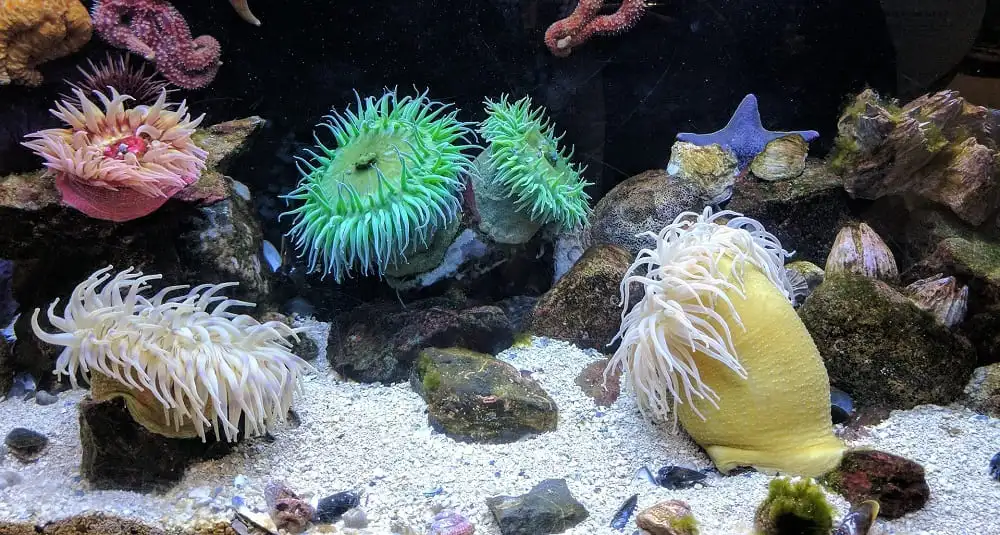
Is the sea anemone an animal?
1Yes
2No

🙌 Good answer
Yes, the sea anemone is a marine animal belonging to the order Actiniaria, often mistaken for a plant because of its floral appearance.
Next question

😞 Wrong answer
Yes, the sea anemone is a marine animal belonging to the order Actiniaria, often mistaken for a plant because of its floral appearance.
Next question
nature
/ 10
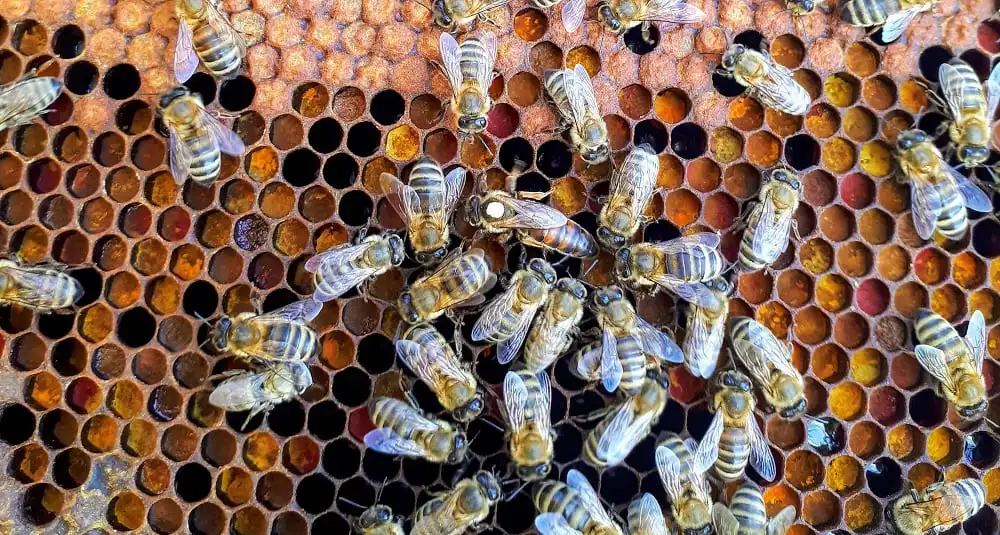
Do bees sting?
1Yes
2No

🙌 Good answer
Yes, bees sting to defend themselves. Their sting releases venom, which can cause temporary pain and a local reaction.
Next question

😞 Wrong answer
Yes, bees sting to defend themselves. Their sting releases venom, which can cause temporary pain and a local reaction.
Next question
nature
/ 10
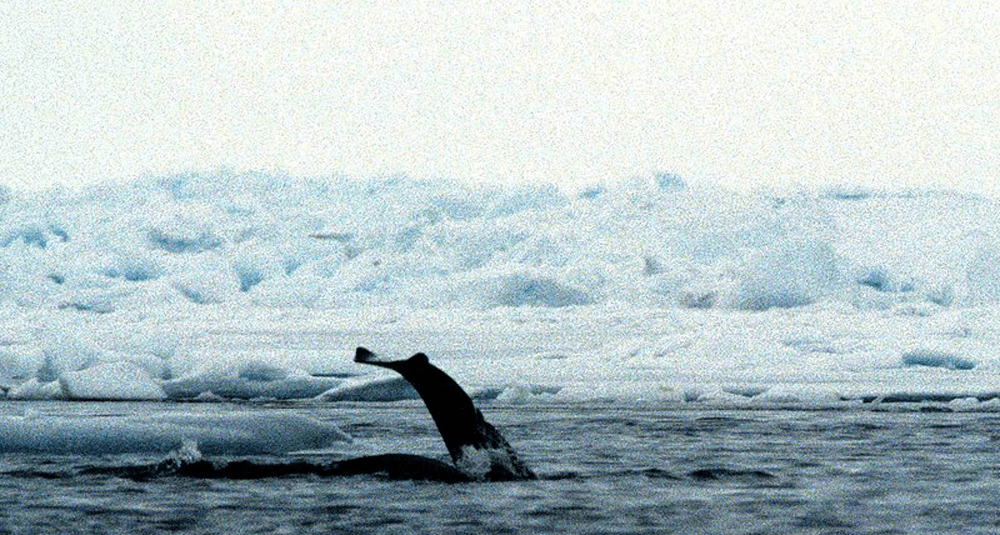
In what ocean does the narwhal live?
1Arctic
2Antarctic

🙌 Good answer
The narwhal lives mainly in the Arctic Ocean. This unique animal is known for its long, spiral tusk, often called a unicorn horn.
Next question

😞 Wrong answer
The narwhal lives mainly in the Arctic Ocean. This unique animal is known for its long, spiral tusk, often called a unicorn horn.
Next question
nature
/ 10
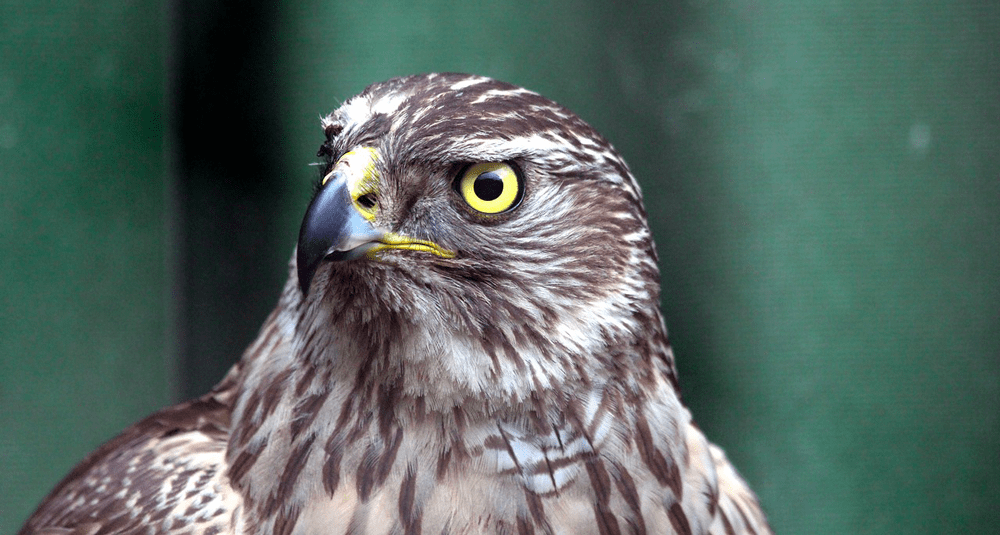
How many harrier subspecies exist?
116
226

🙌 Good answer
According to the reference classification of the International Congress of Ornithology, there are about 16 subspecies of harriers in the world.
Next question

😞 Wrong answer
According to the reference classification of the International Congress of Ornithology, there are about 16 subspecies of harriers in the world.
Next question
nature
/ 10
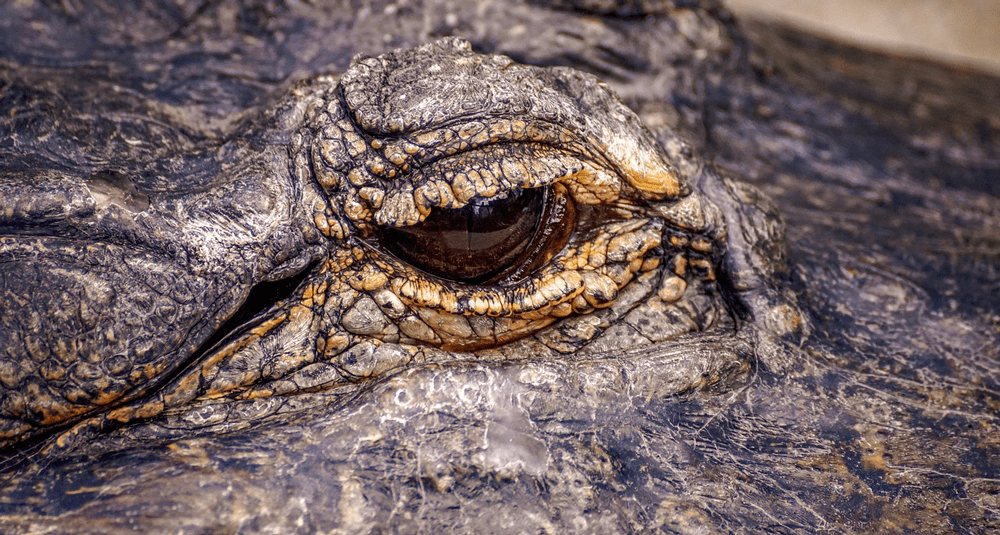
What is the difference between a crocodile and an alligator?
1The muzzle
2The tail

🙌 Good answer
Alligators are characterized by a larger snout than crocodiles. Alligators are native to only three countries: the United States, Mexico and the People's Republic of China.
Next question

😞 Wrong answer
Alligators are characterized by a larger snout than crocodiles. Alligators are native to only three countries: the United States, Mexico and the People's Republic of China.
Next question
nature
/ 10
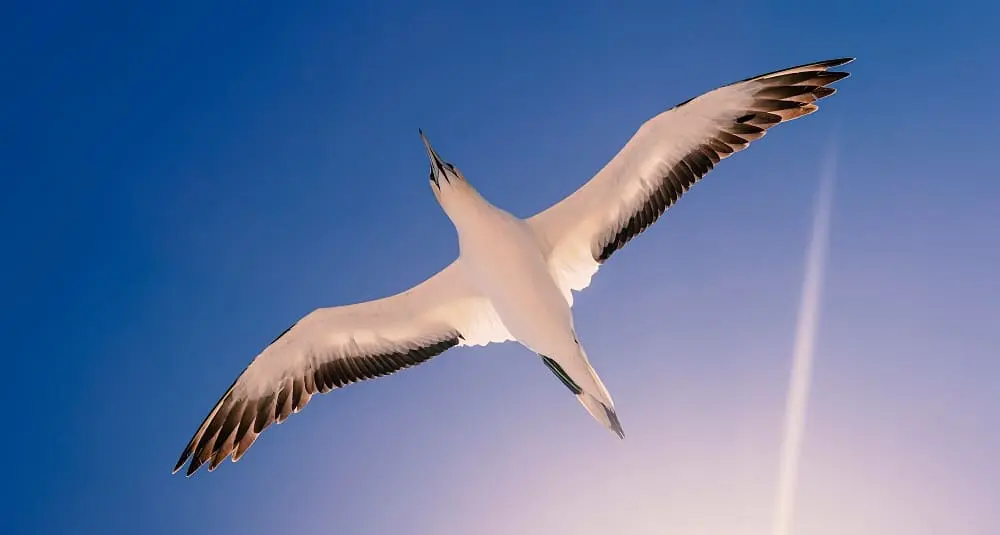
Where do albatrosses live?
2Southern hemisphere
1Northern hemisphere

🙌 Good answer
Albatrosses live mainly in the oceanic regions of the southern hemisphere, notably around Antarctica, South America, South Africa and Australia.
Next question

😞 Wrong answer
Albatrosses live mainly in the oceanic regions of the southern hemisphere, notably around Antarctica, South America, South Africa and Australia.
Next question
nature
/ 10
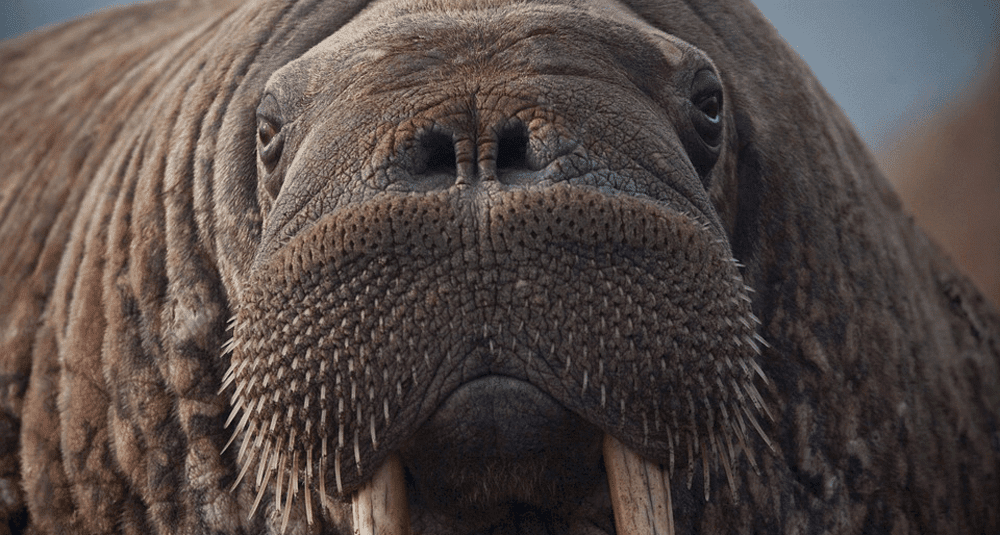
Is the walrus a marine mammal?
1Yes
2No

🙌 Good answer
Yes, the walrus is a marine mammal. Easily recognized by its long tusks, it lives mainly in Arctic regions.
Next question

😞 Wrong answer
Yes, the walrus is a marine mammal. Easily recognized by its long tusks, it lives mainly in Arctic regions.
Next question
nature
/ 10
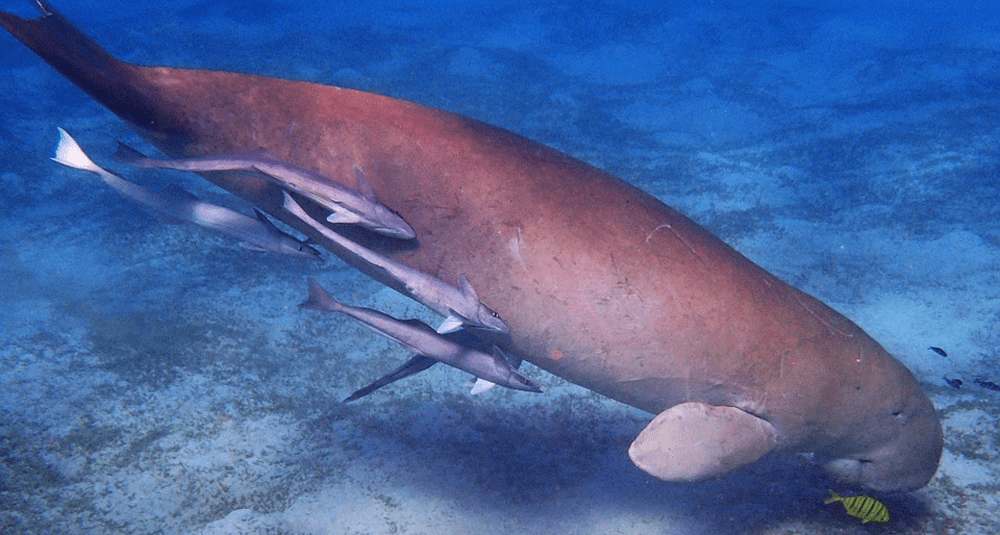
What physiological characteristic differentiates the dugong from the manatee?
1Tail
2Snout

🙌 Good answer
The dugong can be distinguished from the manatee by its crescent-shaped tail, similar to that of dolphins, whereas the manatee's is more rounded.
Next question

😞 Wrong answer
The dugong can be distinguished from the manatee by its crescent-shaped tail, similar to that of dolphins, whereas the manatee's is more rounded.
Next question
nature
/ 10
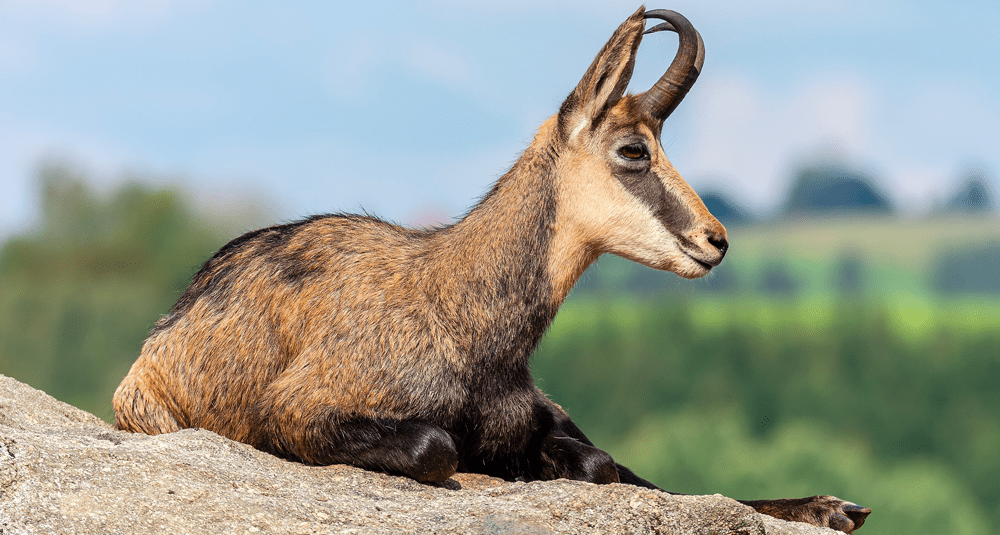
Where can you see chamois?
1Alps
2Pyrenees

🙌 Good answer
Chamois are found in the mountains of Europe, particularly in the Alps, Apennines and Carpathians. They prefer steep, rocky terrain.
Next question

😞 Wrong answer
Chamois are found in the mountains of Europe, particularly in the Alps, Apennines and Carpathians. They prefer steep, rocky terrain.
Next question
nature
/ 10
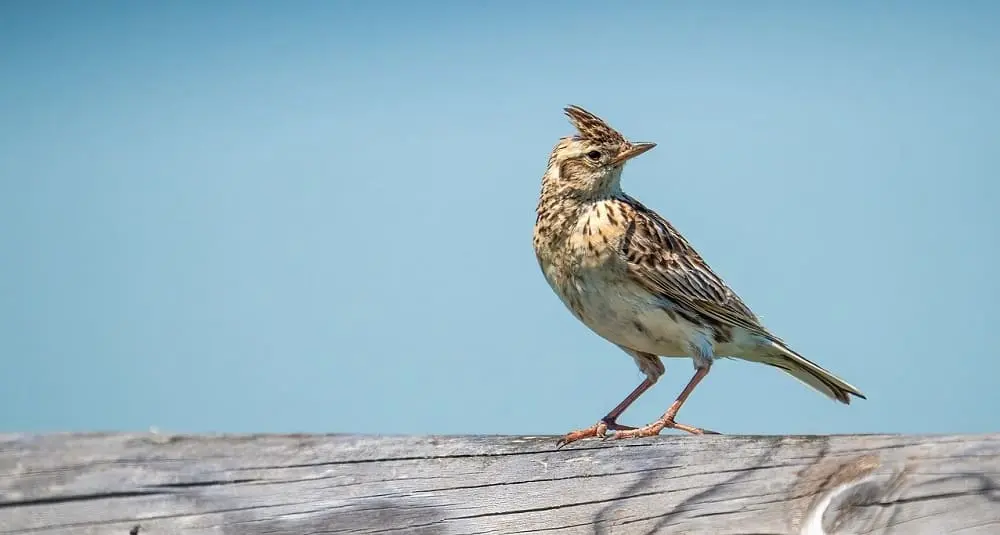
What is the name of the lark's song?
2Grisolle
1Cajole

🙌 Good answer
The song of the lark is called "grisolle" in French. It is a very characteristic and melodious song, often associated with the first signs of spring.
Next question

😞 Wrong answer
The song of the lark is called "grisolle" in French. It is a very characteristic and melodious song, often associated with the first signs of spring.
Next question





